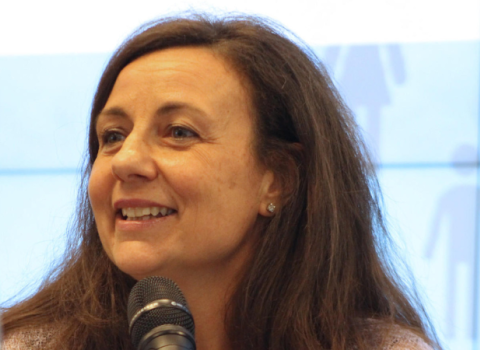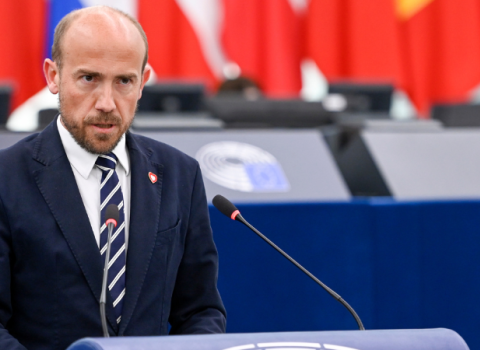A leaked Commission calendar reveals plans to announce the FP10 structure on July 16 with the Multiannual Financial Framework

Photo credits: Oliver Cole / Unsplash
The structure of FP10, the next Framework Programme for research and innovation, will be unveiled on July 16, according to a calendar leaked from the European Commission. This indicates that a regulation to establish the programme will be part of the Multiannual Financial Framework (MFF) announcement, alongside plans to set up a European Competitiveness Fund.
The Commission would only confirm the date, saying that the presentation of the MFF was “foreseen” for July 16. According to a spokesperson, the political consultation phase is still taking place, with budget commissioner Piotr Serafin “reaching out to member state authorities and various stakeholders with a view to gathering their views and perspectives.”
Whether or not FP10 will be absorbed into the Competitiveness Fund has been a hot topic for the research community, with many concerned that its budget and governance might be compromised.
Commission president Ursula von der Leyen has since said that FP10, the successor to Horizon Europe, would retain its own identity in future.
“Horizon Europe will stay a self-standing programme in our next seven-year budget,” she said at the European Parliament’s Science and Technology Options Assessment conference on June 4.
Christian Ehler, the European People’s Party MEP who led the Parliament’s recent report on FP10, expressed his relief but also warned that more detail was required. If a “fairly empty” proposal for FP10 is put forward, “the danger is much bigger that we get cut,” he told Science|Business.
Related articles
- ‘Self-standing’ FP10 will be ‘tightly connected’ to European Competitiveness Fund, Von der Leyen says
- EU governments to negotiate two-year top-up for nuclear research programme
The calendar also reveals that the Commission plans to adopt Erasmus 2.0 on July 23, a week after the MFF proposal. This is the result of a merger between Erasmus+, the current EU programme for education, and the European Solidarity Corps, which provides funding and support for people aged 18 to 30 to participate in projects ranging from environmental protection to humanitarian aid.
Then, on September 24, the EU executive is set to adopt proposals on the International Thermonuclear Experimental Reactor fusion project and Euratom, its nuclear research programme.
EU governments have been discussing the possibility of extending Euratom for another two years, aligning it with the current long-term budget and Horizon Europe.
These last two dates were not confirmed by the Commission.





 A unique international forum for public research organisations and companies to connect their external engagement with strategic interests around their R&D system.
A unique international forum for public research organisations and companies to connect their external engagement with strategic interests around their R&D system.